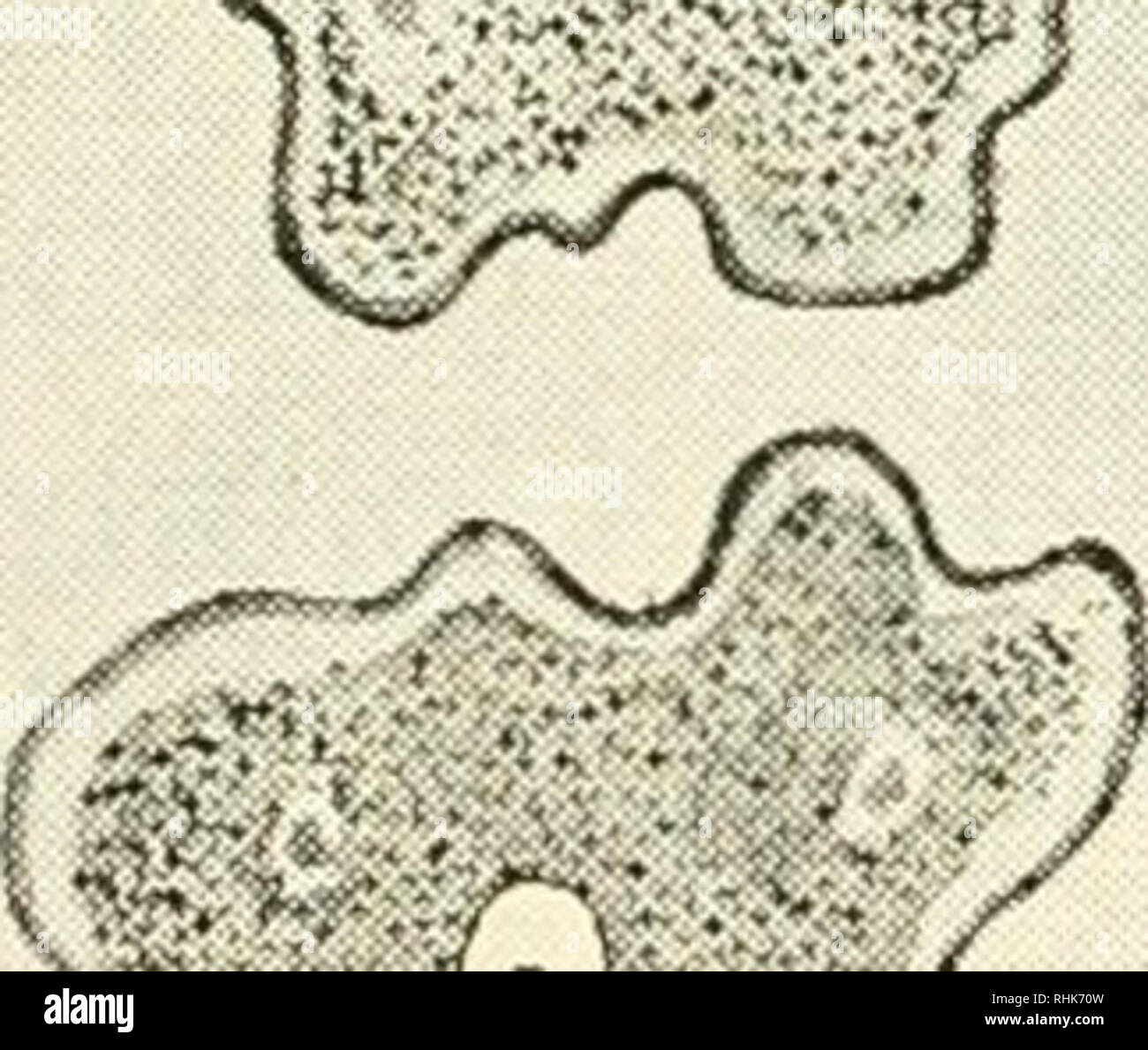. Biology and man. Biology; Human beings. from wherever we happen to be—which is with ourselves. Indeed, we can- not do otherwise. We "understand" other people as we recognize in their actions our own purposes and motives and interests. When people act in ways very different from our ways, they may amuse us or annoy us, but they also puzzle us. And we try to "understand" other living things, and even nonliving things, by assuming that they have purposes and concerns like ours. We enlarge our knowledge by moving away from our starting-point. We compare more and more kinds of

Image details
Contributor:
Library Book Collection / Alamy Stock PhotoImage ID:
RHK70WFile size:
7.2 MB (276.6 KB Compressed download)Releases:
Model - no | Property - noDo I need a release?Dimensions:
1719 x 1454 px | 29.1 x 24.6 cm | 11.5 x 9.7 inches | 150dpiMore information:
This image is a public domain image, which means either that copyright has expired in the image or the copyright holder has waived their copyright. Alamy charges you a fee for access to the high resolution copy of the image.
This image could have imperfections as it’s either historical or reportage.
. Biology and man. Biology; Human beings. from wherever we happen to be—which is with ourselves. Indeed, we can- not do otherwise. We "understand" other people as we recognize in their actions our own purposes and motives and interests. When people act in ways very different from our ways, they may amuse us or annoy us, but they also puzzle us. And we try to "understand" other living things, and even nonliving things, by assuming that they have purposes and concerns like ours. We enlarge our knowledge by moving away from our starting-point. We compare more and more kinds of living things with ourselves, but also with one another. We compare living things with those that are not alive. We try to find out what the living and the nonliving have to do with each other, how they are related. We try to find out what "life" is by studying its various forms and its ways of acting—and what it means to man, who is still at the center of our universe. By enlarging our knowledge we come slowly to useful understandings, which help us to get along better. Original |''?cell :fe^--7(^. Please note that these images are extracted from scanned page images that may have been digitally enhanced for readability - coloration and appearance of these illustrations may not perfectly resemble the original work.. Gruenberg, Benjamin C. (Benjamin Charles), 1875-1965; Bingham, N. Eldred (Nelson Eldred), 1901-. Boston, New York, [etc. ] Ginn and company